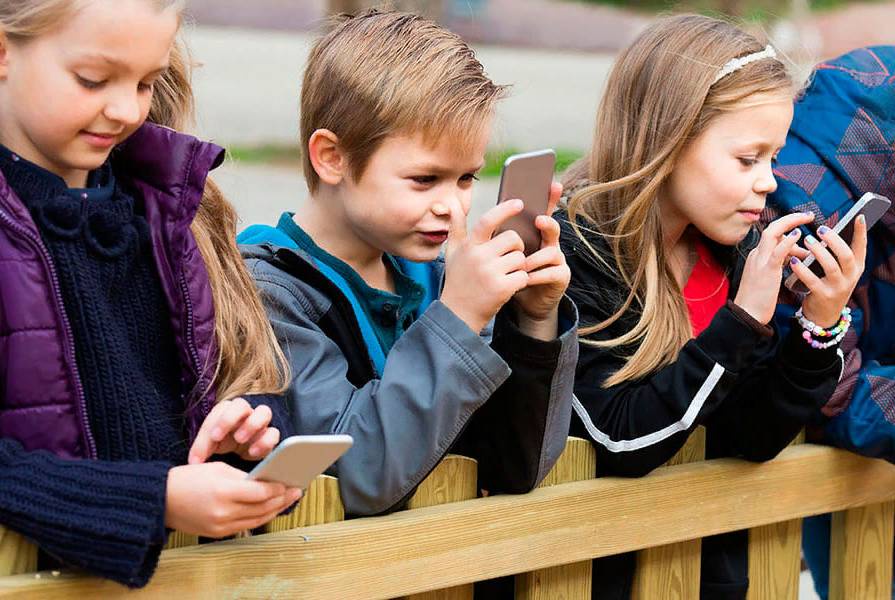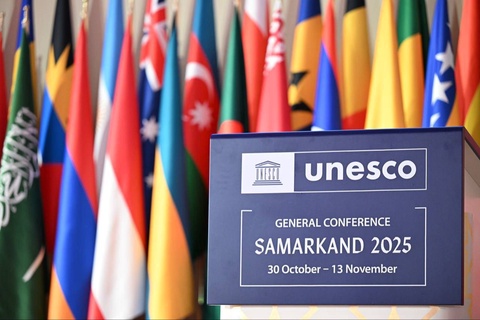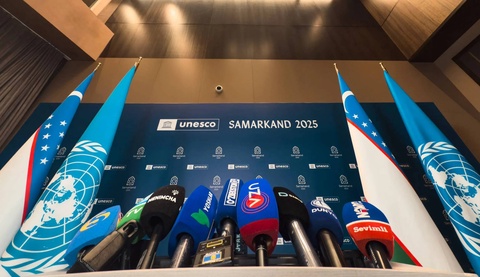UNESCO (the UN Agency for Education, Science and Culture) has called for smartphones to be banned in schools in order to solve problems of disrupting order in classrooms, improve learning and help protect children from cyberbullying.
The report says that excessive use of mobile phones is associated with a decrease in student academic performance, and prolonged exposure to the screen negatively affects the emotional stability of children.
UNESCO stressed that technologies "were not originally intended for education," so they should correspond to a human-centered concept and not replace direct interaction with a teacher.
Although technology has the potential to open up learning opportunities for millions of people, the opportunities for access to electricity and devices within and between individual countries are extremely unevenly distributed, the report says.
"The digital revolution has immeasurable potential, but ... attention needs to be paid to how it is used in education," said UNESCO Director-General Audrey Azoulay. "The use of technology should be aimed at improving the educational process and for the benefit of students and teachers, and not to their detriment."
Based on its analysis of 200 education systems around the world, UNESCO estimates that in every fourth country smartphones are banned in schools either by law or by the leadership. These include France, which introduced its policy in 2018, and the Netherlands, which will introduce restrictions from 2024.













